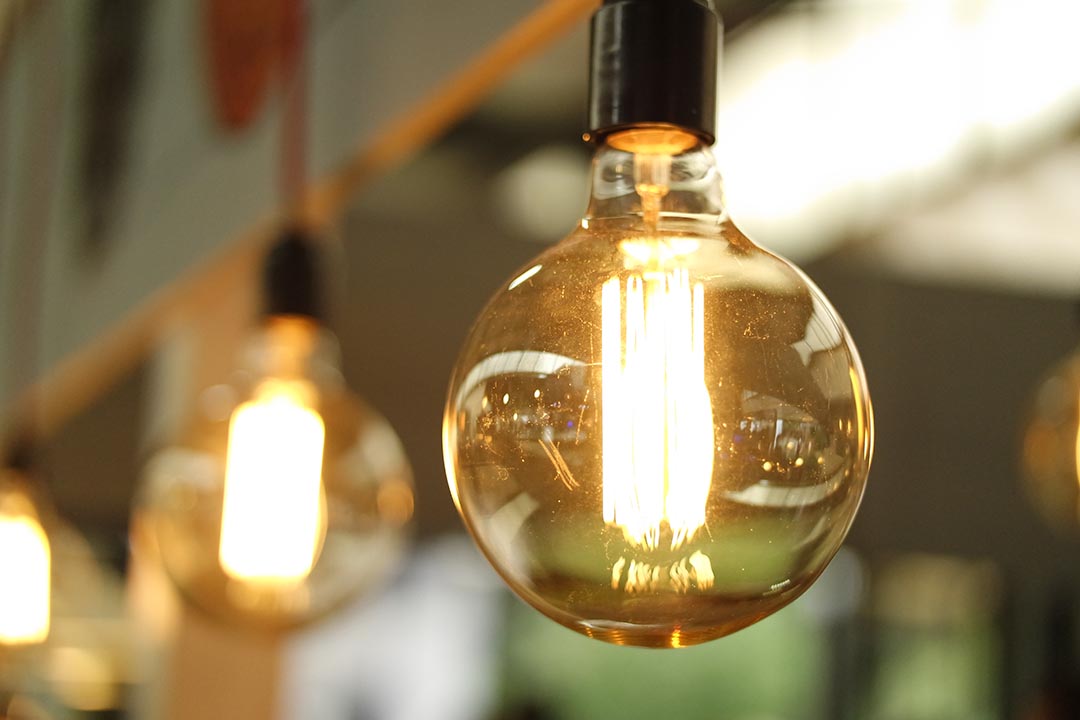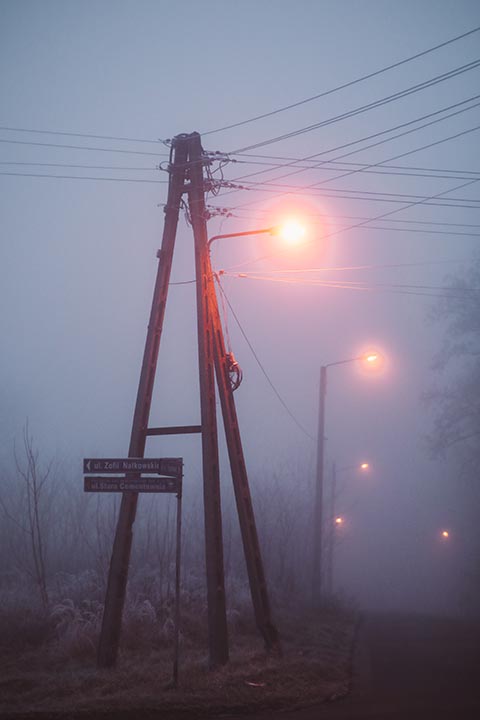
- Details
- By aniprocs
- Energy Waste
- Hits: 580
Dark skies are not just beneficial for stargazers and wildlife, but they can also lead to energy conservation. By reducing the amount of light pollution in our skies, we can reduce energy waste, lower energy costs and reduce greenhouse gas emissions. When outdoor lighting is properly shielded and directed downwards, it can improve visibility and safety without causing unnecessary light pollution. One of the simplest ways to reduce light pollution and conserve energy is to switch to LED lights. These lights are more energy efficient, last longer, and are more directional, reducing the amount of light pollution they emit. Installing motion sensors, timers and dimmer switches can also help reduce energy waste, as well as educating the public about the benefits of reducing light pollution.

- Details
- By aniprocs
- Energy Waste
- Hits: 211
Proper outdoor lighting is key in reducing light pollution and conserving energy. Poorly designed lighting can cause light to spill into the sky, increasing energy waste and contributing to light pollution. By making a few changes to your outdoor lighting, you can help reduce light pollution and save energy. Some simple steps to reduce light pollution include using only the light that you need, using full-cutoff fixtures that direct light downwards, and turning off lights when they are not needed. In addition, using warm-toned LED lights can help reduce the amount of blue light that is emitted, which has a greater impact on wildlife. By taking these steps, we can help reduce light pollution, conserve energy and protect the environment. Whether it's through individual actions or community initiatives, every little bit helps to ensure a brighter future for both wildlife and the planet.




